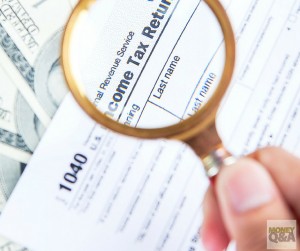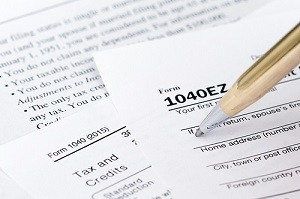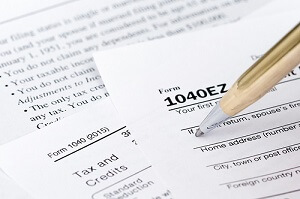This is the next installment in the Reader’s Questions Series, which highlights questions emailed to me by you, the readers of Money Q&A.
Be sure to find out at the end of this article how you can receive a free copy of Dave Ramsey’s book, The Total Money Makeover if I feature your money question on the next blog post. If you’re not familiar with Dave Ramsey’s book, you should run right out and get it. It’s one of the top ten best personal finance books you should read.
Today’s question comes from Ben who asks about being audited by the US Internal Revenue Service (IRS).
What steps should you take after being notified that the IRS is going to audit you?
What happens if IRS audits you?
It can be scary to find yourself audited by IRS. What should you do? What are the first steps to take when you’re audited by the IRS? Here are the steps.
The vast majority of audits conducted by the IRS are what’s called, correspondence audits. That means the IRS sends you a letter that you must answer. Typically, the IRS asks about income from their records, 1099s, and the like that do not match what was reported to the IRS by your bank, employer, investment firm, or contractor.
Correspondence audits are low-level inquiries from the IRS, and they account for 80% of the audits from the IRS to American taxpayers. But, you should take the notice seriously. You need to respond within the allotted timeframe that the IRS sets in your audit letter, and you need to respond with the information that they have requested.
But, what should you do with a full blown audit? What steps should you take with an audit by IRS?



 We’re in the thick of tax season, and if you’re having anxiety about handling what you owe whether personally or
We’re in the thick of tax season, and if you’re having anxiety about handling what you owe whether personally or